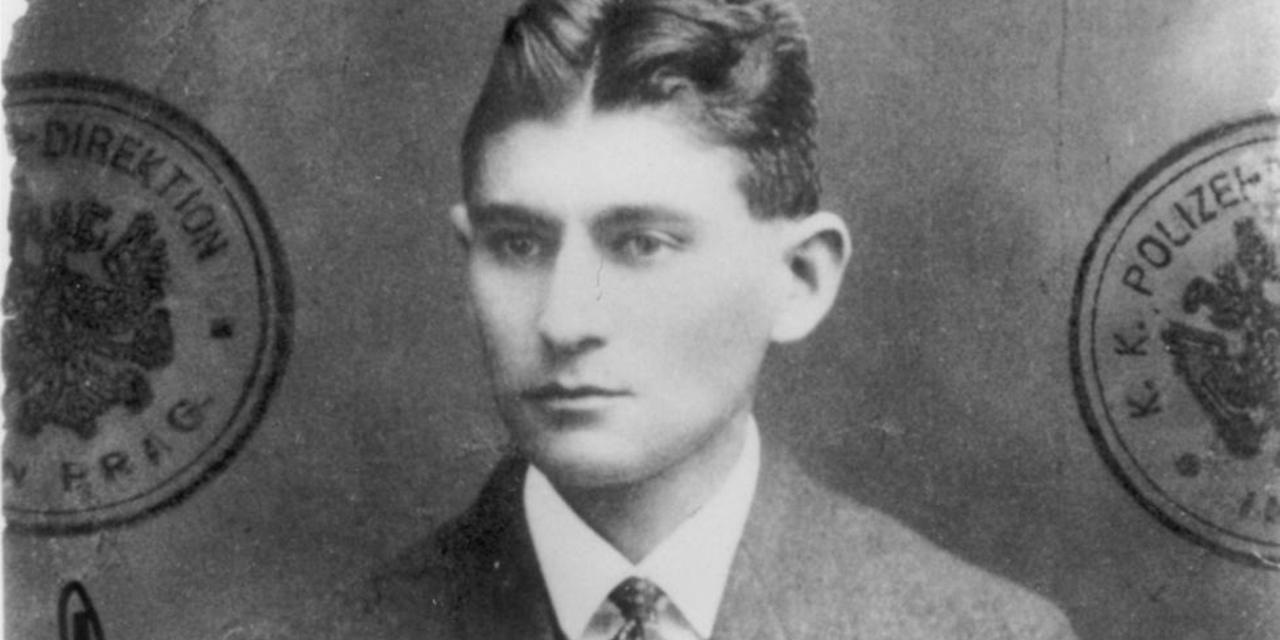Author Profile: Franz Kafka

Isabelle Braun ’20 / Emtertainment Monthly Staff Writer
The Czech Republic has not always been known as the country it is today. Its original name was Bohemia, and it was part of the Habsburg Empire. After the first world war, the Czech Republic gained its independence and became its own country. It prospered and grew in various ways, and the people were proud to be Czech.
On July 3rd, 1883 one of these proud individuals was born to the Jewish parents Hermann and Julie Kafka. Their first-born child grew up to be the esteemed writer Franz Kafka. Even though the family lived in Prague, Hermann Kafka forced a German influence on his children. Franz Kafka grew up speaking German as well as attending German schools. Kafka’s father believed that if there was more of a German influence, the family would rise in status more quickly than if they remained completely Czech and Jewish. As a result of this belief, Franz Kafka only went to the Jewish synagogue four times a year; he did have his bar mitzvah.
Franz Kafka’s parents were not that involved in their six children’s lives while they were growing up. Both Hermann and Julie Kafka worked long hours for their family business, and were often away from home. As a result, Kafka and his six younger siblings were raised primarily by governesses and servants throughout their childhood. This parental absence could be one of the causes of the strained relationship between Kafka and his father.
After Kafka graduated from Charles Ferdinand University with a degree in law, he moved to several different cities to try and escape his family’s influence. He worked in an insurance agency as a cleric for several years before he retired because of ill health. Throughout his life, Franz was burdened with clinical depression, social anxiety, migraines, and insomnia. He tried to counteract these health issues with naturopathic treatments. Tuberculosis was the cause of Franz Kafka’s death on June 3rd, 1924.
When Kafka ended his career in law, he put the remainder of his life into his writing. At the end of his life, Kafka had a total of fourteen published works. All of his works were either novels or short stories. The more well-known of these fourteen works are the following titles: The Metamorphosis, The Trial, and The Castle. One thing that all of Kafka’s works have in common is how the main character acts. There are usually themes of alienation, existential anxiety, guilt, and absurdity within the personalities of the main character. The works as a whole all encompass settings of realism and/or fantastic natures.

In European schools, Kafka’s work is often taught and read; particularly The Metamorphosis. This work is about a man, named Gregor Samsa, and how he woke up as an insect. The story focuses on how Samsa disgraced his family and how human emotions impacted his life. It could be said that Kafka used himself as an inspiration for this character. Both individuals were considered disgraceful to their families and both were outcasts. Within this work, the theme of alienation can be seen. There is some comedic underlying in The Metamorphosis, yet on the surface it is all about guilt, isolation, and feelings of inadequacy. Overall, this novel is one of his best and a work to admire.
Franz Kafka’s life and his work are still known today among the globe. There is a mixture of Kafka’s own life within his work, yet it only seems to compliment his work. Overall, Franz Kafka will be remembered for a long time among generations to come.
*Biographical information from Kafka Online